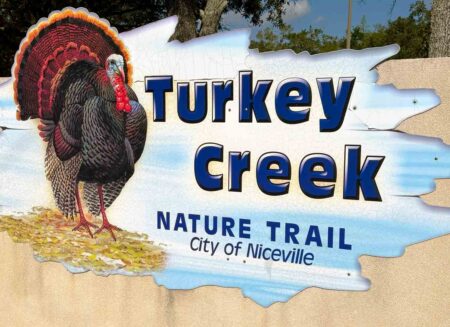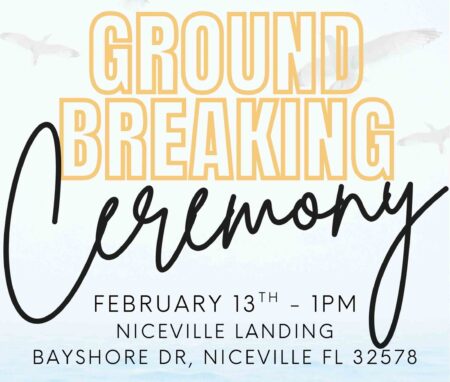From hitting the beach to hiking a Wildlife Management Area trail, spring in the Sunshine State provides countless outdoor recreation opportunities. It’s also a great time of the year to see some of the state’s fascinating wildlife species. You could even reel in a trophy bass worth cash rewards from TrophyCatchFlorida.com if you document and release it, or earn a certificate from one of the FWC’s other angler recognition programs.
The Florida Fish and Wildlife Conservation Commission (FWC) has plenty of great information about boating, fishing, hunting and wildlife-viewing at MyFWC.com. You also can follow FWC’s various social media outlets for inspiration on where to go and how to incorporate conservation into your spring activities.
Living with Wildlife
The FWC wants residents and visitors to know they can safely recreate outdoors this spring while being valuable stewards of Florida’s shared natural resources.
Florida is home to two native crocodilians: the American alligator, which is found in all 67 counties; and the American crocodile, which lives in coastal areas of the Keys and in southeast and southwest Florida. Both species have shared Florida’s waters with people for centuries and play a valuable role in the habitats where they live.
“Remember, alligators and crocodiles are more active this time of year,” said Harry Dutton, FWC Game Management and Public Hunting section leader. “Pets should be kept away from the water. People can also take other precautionary measures when recreating near the water to reduce the chances of conflicts with alligators and crocodiles.”
More information is available in the Living with Alligators brochure at MyFWC.com/Alligator and the Living with Crocodiles brochure at MyFWC.com/Crocodile.
New additions
Spring also means new arrivals! Hikers enjoying a walk in the woods and even residents in their own backyards may encounter Florida’s newest additions, such as young deer or birds. FWC experts remind folks to look but not touch.
“Those fawns and fledglings that may seem abandoned and in need of rescue might not need human assistance after all,” said Catherine Kennedy, one of the FWC’s senior wildlife assistance biologists.
Sometimes rescue efforts may do more harm to the animal than good. If you are certain the animal is in need of assistance, contact your local FWC office or local wildlife rehabilitator.
Florida’s majestic raptors are also nesting and active this time of year. Sometimes hawks may attempt to dive at people who come close to their nest. The FWC typically receives reports about this each year.
“You should avoid areas near nests if possible. However, if you must go through the area, move quickly and use an umbrella, large hat or air horn to deter the bird,” said Angeline Scotten, one of the FWC’s senior wildlife assistance biologists. “If you have to be in the area for an extended period of time, tents or canopies to obstruct birds’ views of people may help.”
For more information on Florida’s wildlife and how to help, go to MyFWC.com and click on “Wildlife & Habitats.”
On the water
Boating safety is also paramount all year long. Boaters planning to take to the water this spring should know how to stay safe.
“One of the best things people can do is wear a life jacket,” said Maj. Richard Moore, leader of FWC’s Boating and Waterways section. “A lot of people say they don’t wear life jackets because they are uncomfortable. However, with the inflatable models that are belt packs or suspenders, you hardly know you have one on.”
In addition, boaters are encouraged to explore the safety benefits of equipping your boat or life jackets with an emergency locator beacon.
Getting educated about boating safety, paying attention while on the water and designating a knowledgeable, sober boat operator are all other ways to enjoy boating safely. Letting someone know where you are boating and when you are returning is good thinking in case the day doesn’t go according to your plan. More information on those topics and more can be found at MyFWC.com/boating.



